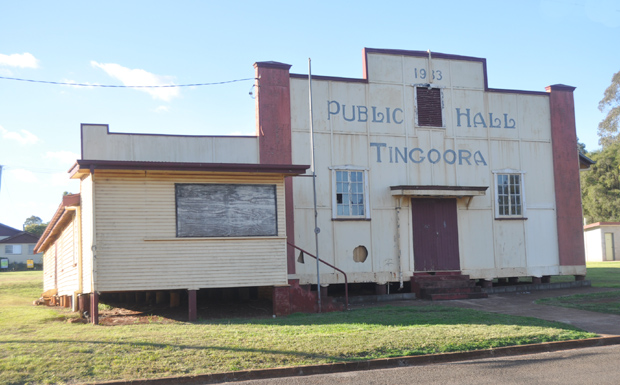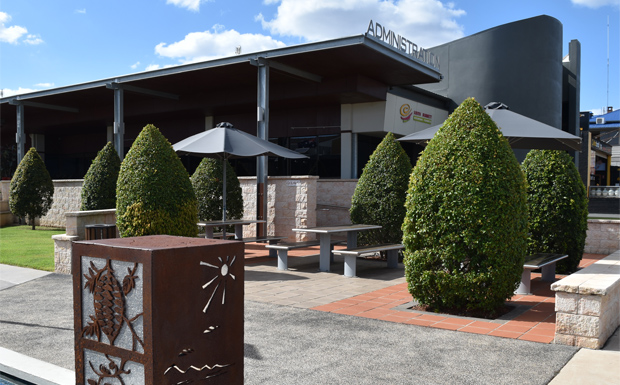

October 31, 2014
A proposal to modify asset depreciation rules for Queensland councils has been welcomed by South Burnett Mayor Wayne Kratzmann.
The proposal was recently developed by four councils, who were tasked by Local Government Minister David Crisafulli to examine the existing compulsory asset depreciation system to see if it could be improved.
The current system was introduced when councils were amalgamated in 2008.
It forces all Queensland councils to set aside funds in each budget to cover the eventual replacement of council-owned assets such as water and sewage treatment plants, public halls and swimming pools.
The system was introduced because prior to amalgamation, asset depreciation was not compulsory and many councils either didn’t set aside any funds for asset replacement, or set aside inadequate amounts.
The new system was created with a “one size fits all” approach that forced councils to set aside money for depreciation on all their existing assets, including assets they never intended to replace.
However it has been blamed for steep rises in Queensland council rates over the past six years.
Under the alternative model developed by participants in the study, councils would be able to craft their own depreciation schedules based on local conditions, so long as the Department Of Local Government agreed.
Mayor Kratzmann said under the new system, Logan City Council has projected a $12 million turnaround in their budget.
“So there’s light at the end of the tunnel,” he said.
“This proposal would be a life-saver for the South Burnett and most other councils.
“Over the past six years we’ve reduced our operating costs by 22 per cent and pared staff numbers down to the bone. Now there’s really not much left to cut unless we start closing down community facilities.
“But if we could create our own depreciation schedule, we could free up funds that could be used to keep rate rises down in future.”
The Mayor said a good example might be an old public hall council had no intention of replacing.
“At the moment a hall like Tingoora might have a book value of $200,000. And under the current system we might be forced to set aside, say, $20,000 a year to replace it some day.
“But the reality is that this hall is no longer used and we have no plans to replace it.
“The same applies with some of our big ticket items. The old Kingaroy Wastewater Plant is almost 75 years old and we’re in the process of replacing it with a brand new, state-of-the-art plant right now.
“Under the current rules, we might be required to depreciate this new plant over 30 years because that’s the State-wide standard.
“But we know it will likely have a life span of 50 or 60 years. And if we could depreciate it at that rate, then we could save a very large amount of money.”
Last year the South Burnett Regional Council was forced to set aside more than $10 million – almost one-fifth of its Budget – for asset depreciation.
“If we could craft a local depreciation schedule that could save 10 per cent or 15 per cent of this, that would free up $1 million to $1.5 million a year,” the Mayor said.
“And if a 1 per cent rate rise brings in $210,000, then that would help us keep rate rises down for a very long time.”
The proposal is currently being assessed by the Minister.
























It is interesting to see that depreciation, which is an accounting requirement, is being used to put aside monies.
Each Council should have an asset management plan for each of their asset types, and one for each building, and only if you intend to replace the building at the end of its life, should you “fund” the depreciation and put the cash aside.
In most cases for buildings you should only fund the renewal works that are required annually, and if major renewals are required, then you fund the loan (both principal and interest).
Funding of all depreciation is complete lunacy, it should only be based on asset management planning requirements, and then the appropriate funding mechanism.